Audio Performance
The audio performance tests we done using Audio Rightmark 6.0.5 and a 3.5mm gold plated, oxygen free stereo loop back cable between stereo out and microphone input. Results were taken at the DVD sample rate of 16-bit/48KHz and High Definition 24-bit/96KHz.What we're looking for:
- Noise Level: A higher negative is better. This is usually viewed in relation to a signal level which provides a signal to noise ratio. As you get closer to zero there's more noise and lesser audio fidelity.
- Frequency Response: Two values listing how close to the lower higher frequencies the codec can reach. If it hits them perfectly it'll display a 0, 0.
- Dynamic Range: The difference between the loudest and quietest sounds the codec can make before it distorts them. The larger the gap, the better.
- THD and IMD percentage: Closer to zero is better. THD and IMD are best looked at together, where as if you have a lot of THD and not much IMD, then it'll offer a warmer accurate sound. High THD and IMD provides a warm, inaccurate sound, low THD and high IMD gives a cold inaccurate sound and finally low THD and IMD gives a cold accurate sound.
- IMD = intermodulation distortion and is a fancy way of saying conversion interpolation, which is a basic detection of the quality loss after an analogue to digital then digital to analogue conversion. By comparing it to a highly compressed source it shows up problems with the codec and converters.
- THD = total harmonic distortion, which shows up unwanted harmonics; integer multiples of the original component sound that can be second, third, fourth degrees or overtones for example.
- Stereo Crosstalk: where the stereo channels "talk" to each other and interact. Ideally you want them entirely separate, unmixed or echoed in either channel, so a higher negative a result as possible is preferred.
16-bit / 48KHz

Click for Large Images
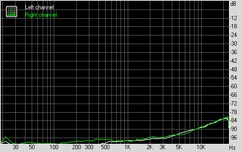
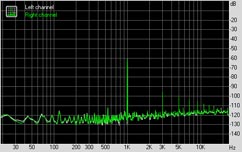
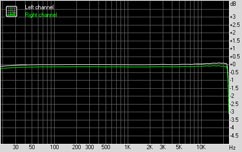
Crosstalk, Dynamic Range and Frequency Response
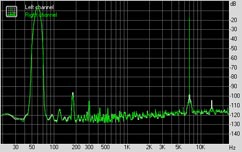
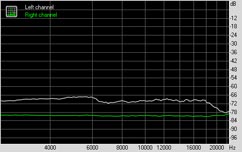
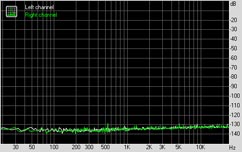
Intermodulation Distortion, Intermodulation Distortion Swept and Noise Level
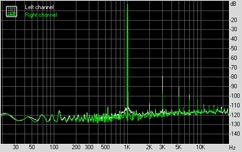
Total Harmonic Distortion
24-bit / 96KHz

Click for Large Images
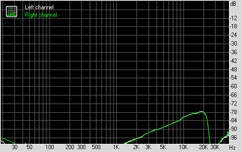
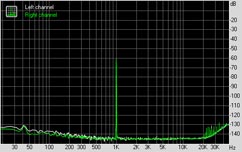
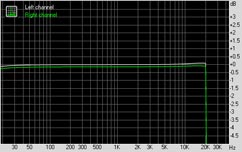
Crosstalk, Dynamic Range and Frequency Response
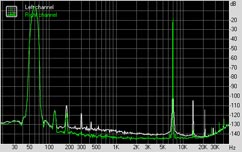
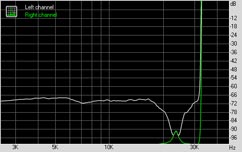
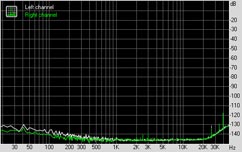
Intermodulation Distortion, Intermodulation Distortion Swept and Noise Level
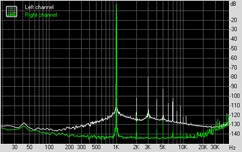
Total Harmonic Distortion
The sound quality is respectively better than the Creative XtremeGamer and even the Sondigo Inferno when running at a high definition bitrate and frequency, although at more "normal" 16-bit/48KHz settings it seems to lose out in a couple of areas. The signal to noise ratio is still 100+dB though, with the 24-bit/96KHz running at a massive 113.6dB which is a truly excellent result. However if you look at both the Intermodulation Distortion graphs in the middle of both sets, they don't echo the same wonderful result. We spent a significant amount of time with Asus discussing the results because we kept getting interchannel leakage and eventually it was put down to Vista audio handling and the current Vista drivers for it. We've been told that new ones should be arriving in the week or so which should cure some of the performance discrepancies.
After seeing other's RMAA testing with this card over the net, and having to go through an entire PDF document to set it up correctly, to say it felt laboursome is an understatement. With many onboard audio tests it's literally plug in, recheck the settings and play. Having said that, the X-Fi XtremeGamer was a pain in the neck as well and also required several emails to Creative to try and get it right.

MSI MPG Velox 100R Chassis Review
October 14 2021 | 15:04









Want to comment? Please log in.